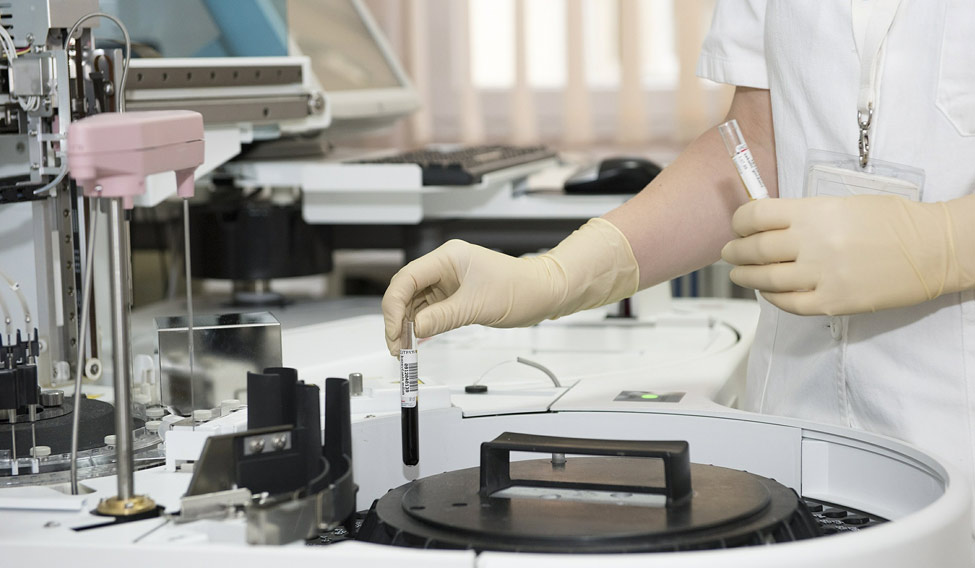A new device can detect whether or not a tumour is cancerous in just 10 seconds.
The researchers from University of Texas, Austin invented a powerful tool that rapidly and accurately identifies cancerous tissue during surgery, delivering results in about 10 seconds―more than 150 times as fast as existing technology.
The MasSpec Pen is an innovative handheld instrument that gives surgeons precise diagnostic information about what tissue to cut or preserve, helping improve treatment and reduce the chances of cancer recurrence.
“If you talk to cancer patients after surgery, one of the first things many will say is 'I hope the surgeon got all the cancer out,'” said team leader Livia Schiavinato Eberlin. “It's just heartbreaking when that's not the case. But our technology could vastly improve the odds that surgeons really do remove every last trace of cancer during surgery.”
The current state-of-the-art method for diagnosing cancers and determining the boundary between cancer and normal tissue during surgery, called Frozen Section Analysis, is slow and sometimes inaccurate. Each sample can take 30 minutes or more to prepare and interpret by a pathologist, which increases the risk to the patient of infection and negative effects of anesthesia. And for some types of cancers, frozen section interpretation can be difficult, yielding unreliable results in as many as 10 to 20 per cent of cases.
However, in tests on tissues removed from 253 human cancer patients, the MasSpec Pen took about 10 seconds to provide a diagnosis and was more than 96 per cent accurate. The technology was also able to detect cancer in marginal regions between normal and cancer tissues that presented mixed cellular composition. The team expects to start testing this new technology during oncologic surgeries in 2018.
“Any time we can offer the patient a more precise surgery, a quicker surgery or a safer surgery, that's something we want to do,” says James Suliburk. “This technology does all three. It allows us to be much more precise in what tissue we remove and what we leave behind.”
Although maximising cancer removal is critical to improve patient survival, removing too much healthy tissue can also have profound negative consequences for patients. For example, breast cancer patients could experience higher risk of painful side effects and nerve damage, in addition to aesthetic impacts. Thyroid cancer patients could lose speech ability or the ability to regulate the body's calcium levels in ways that are important for muscle and nerve function.
In tests performed on human samples, the device was more than 96 per cent accurate for cancer diagnosis. The team has also demonstrated that it accurately diagnoses cancer in live, tumor-bearing mice during surgery without causing any observable tissue harm or stress to the animals.
Physicians can operate the disposable handheld device easily. It requires simply holding the pen against the patient's tissue, triggering the automated analysis using a foot pedal, and waiting a few seconds for a result. Meanwhile, the pen releases a drop of water onto the tissue, and small molecules migrate into the water. Then the device drives the water sample into an instrument called a mass spectrometer, which detects thousands of molecules as a molecular fingerprint.
The process is also low-impact for patients.
“When designing the MasSpec Pen, we made sure the tissue remains intact by coming into contact only with water and the plastic tip of the MasSpec Pen during the procedure,” noted Zhang. “The result is a biocompatible and automated medical device that we are so excited to translate to the clinic very soon.”
The research appears in the journal Science Translational Medicine.





